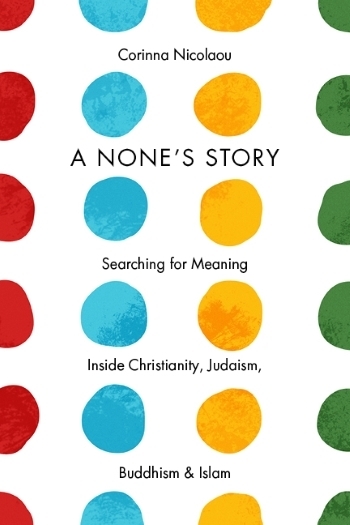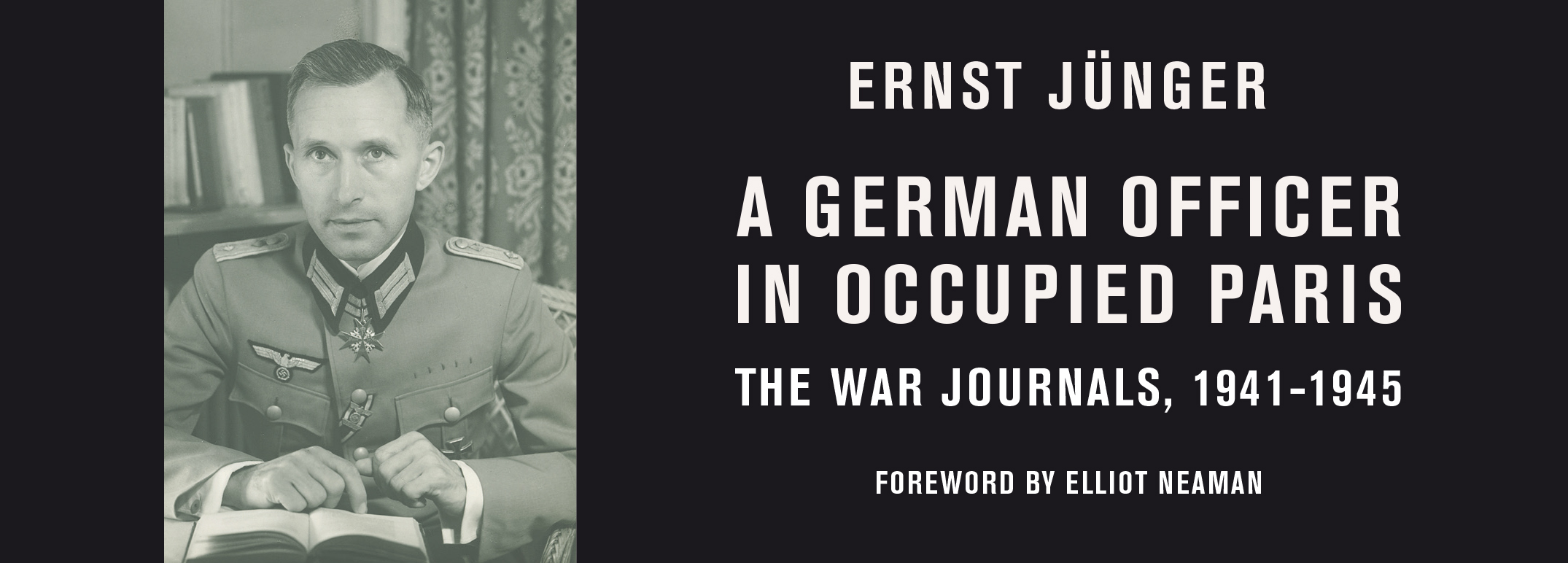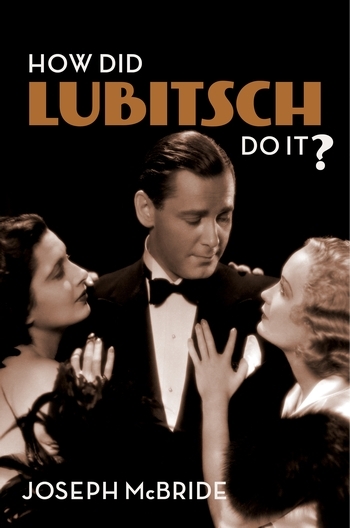The Future of Spiritual Practice
“How quickly one’s isolation can flip into expansive belonging! To suddenly become aware of one’s being present in the room, alongside the presence of others, to contemplate the world anew and then to consider it through alternate perspectives. Worship can help us do this and more; an evening of improv was having a similar effect.” — Corinna Nicolaou
This week, our featured book is A None’s Story: Searching for Meaning Inside Christianity, Judaism, Buddhism, and Islam, by Corinna Nicolaou. Today we are happy to present a crosspost from Nicolaou’s fantastic blog, One None Gets Some, in which she looks back on the start of her book tour and what it’s taught her about religion and spirituality.
Don’t forget to enter our book giveaway for a chance to win a free copy!
The Future of Spiritual Practice
By Corinna Nicolaou
The first six stops of my book tour under my belt, I’m starting to get a sense of some recurring questions audience members are eager to have answered after I speak about (and read from) the religious exploration I write about in A None’s Story. One common inquiry is something along the lines of, “What do you think the future is for religion in the United States?” (For book tour updates, “like” my author Facebook page.)
Many people, I believe, are expecting me to declare religion dead—or, at the very least, dying. I know some of the audience members are people of faith, a few have been current or retired leaders of religious congregations, and they fear what’s in store for their communities in the next decade or two. Others are concerned for the growing number of citizens who appear to be operating in a world increasingly devoid of spiritual grounding or guidance.
I understand the worry but, from where I stand, the view is not so bleak. I honestly believe that the core of religion is as relevant today as it has ever been because, despite all the changes we and our society undergoes, something fundamental remains the same. Each of us struggles to come to grips with being here on earth, and with the knowledge that we will leave—as if these realizations are a fresh new thing just added to the human experience. We are driven to makes sense of this knowledge, to come together with others who are also striving for greater understanding, and to work together to find ways to better care for ourselves and others. No, the basic impulse from which religion is born is intrinsically tied to our beings. The growth in the population of Nones does not spell the end of religion. But it does herald a change.
Before my reading in Washington, D.C. a couple of weeks ago, I had the opportunity to join an evening of improvisation or “improv” as some like to call it. This is the theatrical act of spontaneous scene-making usually associated with comedy. Now, I have never in my life participated in improv. I have seen it being performed and simply imagining being up there among the performers would send my heart into a spasm of terror. Improv is most definitely not “my thing.” (I’m a writer—words take full minutes, hours even, to come out of me. It is very boring to watch.) But this improv experience piqued my interest because I had heard it mentioned on NPR’s On Point during an episode about religious affiliation and the growth in Nones. (It aired March 22, 2016 and is fascinating. I recommend it. Listen here.)
This particular evening of improv is part of something called “The Sanctuaries,” a community with this mission statement: “Empowering creative people to claim their own spiritual voice and collaborate on artistic projects that promote social change.” It’s a safe bet that some of its members are religiously affiliated in a more traditional sense and that others are Nones like me. The “lead organizer,” Rev. Erik Martínez Resly, graduated from Harvard Divinity School. He formed The Sanctuaries with his neighbors from various walks of life whose most common denominator appears to be that they are all relatively youngish (post-college and up). They invite the community at large to join them in coming together to tell stories—through art, music, conversation, and performance—with a purpose. The one event scheduled for when I would be in town was the “Soulful Improv” that takes place the 2nd Monday of each month at 7 pm. No experience required.
Improv as spiritual practice? The writer in me was more curious than the would-be comedian was terrified. I dragged along my good friend, Cassie, who had been my downstairs neighbor when I lived in D.C. She was even more reluctant than I about improv. Soulful Improv is held at a place a couple blocks from the apartment building where Cassie and I had lived called the Potter’s House, which in itself has an interesting history of being a meeting place in a secular setting, but infused with religious ideals.
In a large back room, men and women of every shade gathered. Cassie and I were among the oldest; several teenage girls in hijab were the youngest. It was soon apparent that most people present were not any more skilled at improv than me. The leader, a woman named Brittany, started us off gently with warm up exercises: in a big circle, after introductions, we “tossed” words or phrases to one another. They might be the same words said a little differently each time or new words inspired by what came previously. As nervous as I was, I could tell others felt the same—that and the initial brevity of our individual contributions put me at ease. Brittany eased us into longer “scenes” by degrees.
Surprisingly, I was having a darn good time, but what did any of it have to do with religion or spirituality? I had no idea at first, but as the evening progressed, it got clearer. Brittany helped by dropping hints as we went. “It’s about building trust,” she called out at one point. Or, as interactions grew more involved, she shouted, “To react, stay in the moment.” She also said that participating in these impromptu interactions forces us “to assess the situation from the other players’ eyes.”
Thinking back on all the worship services I attended during my religious explorations I realized, in these exercises, I was having similar feelings. The initial fear of being the outsider and idiot transformed slowly through group activity—communal prayer or singing—into something that more closely resembled teamwork or community. Each of us takes a risk in coming together, everyone shows up despite feeling vulnerable, to get on the same page for a shared goal for an intangible reward: a sense, however fleeting, of connection. How quickly one’s isolation can flip into expansive belonging! To suddenly become aware of one’s being present in the room, alongside the presence of others, to contemplate the world anew and then to consider it through alternate perspectives. Worship can help us do this and more; an evening of improv was having a similar effect.
Could improv be the new face of worship? Maybe. Or at least one of them.
So when someone asks what I think will become of religion, I tell them I feel hopeful about its future. Many of its teachings have seeped into our culture in ways we are only beginning to understand. The cross-pollination between the religious and the secular continues and I’m excited to see what blooms.
Visit the One None Gets Some blog for more great posts!





